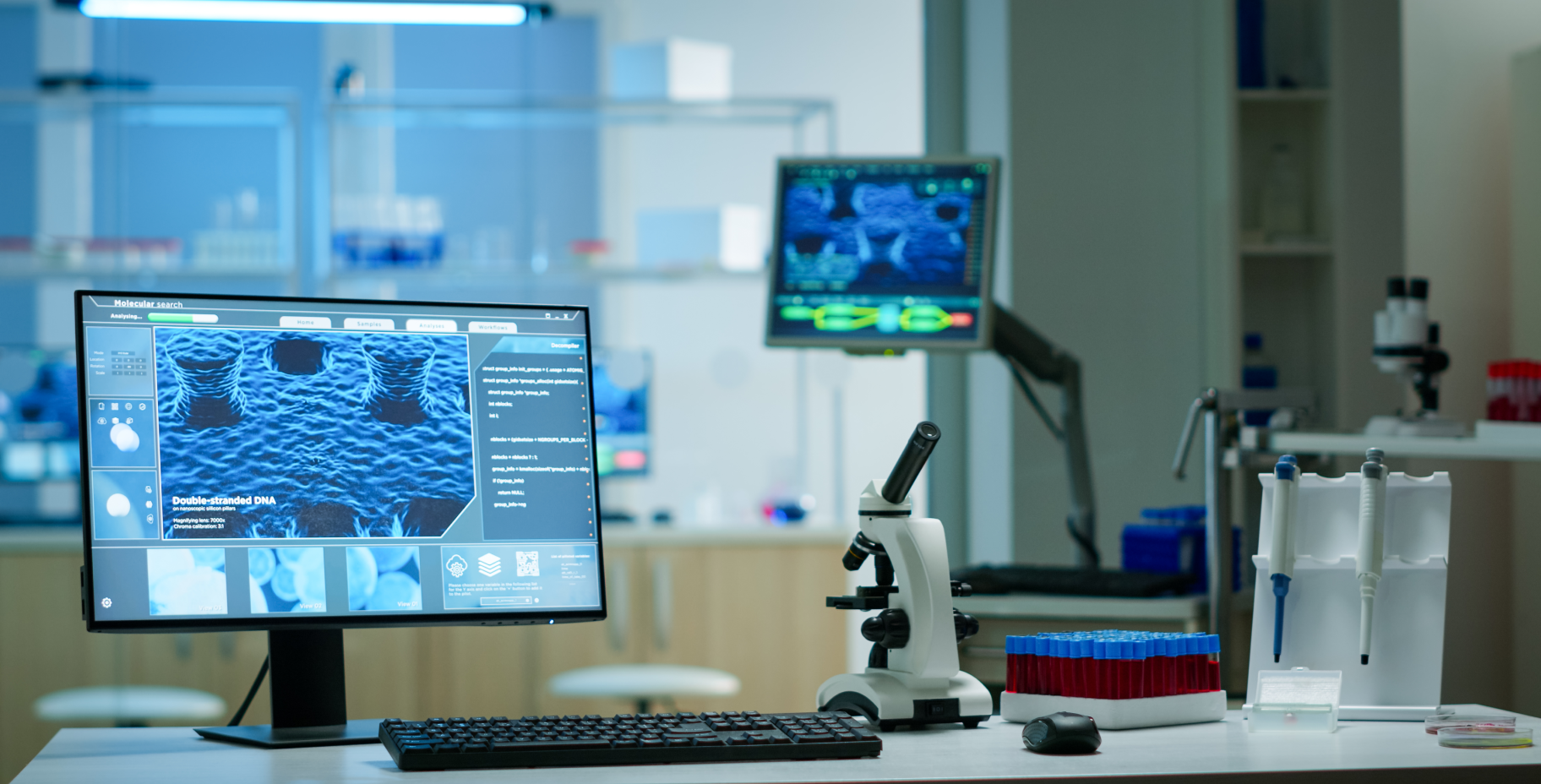Product development is a complex and multifaceted process that requires careful planning, execution, and adaptation. In this blog, we outline the key stages of product development, commonchallenges faced, and strategies to overcome them.
Stage 1: Ideation and Concept Development

 The first stage of product development involves brainstorming and generating ideas. This stage
requires creativity and a deep understanding of market needs.
The first stage of product development involves brainstorming and generating ideas. This stage
requires creativity and a deep understanding of market needs.
 It's important to conduct initial
market research to validate your ideas and ensure there is demand for the product.
It's important to conduct initial
market research to validate your ideas and ensure there is demand for the product.
 Collaborating with stakeholders and potential customers can provide valuable insights and help
refine your concepts.
Collaborating with stakeholders and potential customers can provide valuable insights and help
refine your concepts.
Stage 2: Design and Prototyping

 Once you have a validated concept, the next step is to design and create prototypes. This stage
involves detailed planning and technical design, considering both functionality and aesthetics.
Once you have a validated concept, the next step is to design and create prototypes. This stage
involves detailed planning and technical design, considering both functionality and aesthetics.
 Creating prototypes allows you to test the product and make necessary adjustments.
Creating prototypes allows you to test the product and make necessary adjustments.
 It's crucial
to involve cross-functional teams, including designers, engineers, and marketers, to ensure all
aspects of the product are addressed.
It's crucial
to involve cross-functional teams, including designers, engineers, and marketers, to ensure all
aspects of the product are addressed.
Stage 3: Testing and Validation

 Testing is a critical stage in product development. It involves rigorous testing of prototypes to
identify any issues and validate the product's performance.
Testing is a critical stage in product development. It involves rigorous testing of prototypes to
identify any issues and validate the product's performance.
 This stage includes both internal
testing by the development team and external testing with potential users.
This stage includes both internal
testing by the development team and external testing with potential users.
 . Collecting and
analyzing feedback is essential to make improvements and ensure the product meets quality
standards.
. Collecting and
analyzing feedback is essential to make improvements and ensure the product meets quality
standards.
Stage 4: Production and Launch

 Once the product has been thoroughly tested and refined, it's time for production.
Once the product has been thoroughly tested and refined, it's time for production.
 This stage
involves setting up manufacturing processes, sourcing materials, and ensuring quality control.
This stage
involves setting up manufacturing processes, sourcing materials, and ensuring quality control.
 It's important to plan the production scale according to market demand. The launch phase
includes creating a marketing strategy, setting up distribution channels, and preparing for
customer support.
It's important to plan the production scale according to market demand. The launch phase
includes creating a marketing strategy, setting up distribution channels, and preparing for
customer support.
Challenges and Solutions
 TimeManagement:Oneofthebiggestchallenges in product development is
managing time effectively. Delays at any stage can impact the overall timeline.
Implementing agile project management practices and setting realistic milestones can
help keep the project on track.
TimeManagement:Oneofthebiggestchallenges in product development is
managing time effectively. Delays at any stage can impact the overall timeline.
Implementing agile project management practices and setting realistic milestones can
help keep the project on track. CostControl:Controlling costs is another common challenge. It's important to have a
clear budget and monitor expenses throughout the development process. Regular
financial reviews and cost-benefit analyses can help manage costs effectively.
CostControl:Controlling costs is another common challenge. It's important to have a
clear budget and monitor expenses throughout the development process. Regular
financial reviews and cost-benefit analyses can help manage costs effectively. TechnicalIssues:Technical challenges can arise at any stage. Having a skilled and
experienced development team, along with contingency plans, can help address technical
issues promptly.
TechnicalIssues:Technical challenges can arise at any stage. Having a skilled and
experienced development team, along with contingency plans, can help address technical
issues promptly. MarketUncertainty:Marketconditions can change rapidly, impacting the success of
your product. Continuous market research and flexibility in your development approach
can help you adapt to changing market trends.
MarketUncertainty:Marketconditions can change rapidly, impacting the success of
your product. Continuous market research and flexibility in your development approach
can help you adapt to changing market trends.
Product development is a challenging yet rewarding process that requires careful planning and execution. By understanding the key stages and potential challenges, companies can develop effective strategies to bring their product ideas to life. Our experience in product development has helped numerous clients successfully navigate the process and achieve their business goals.
Case Study: Successful Product Launch
Oneof our successful product development projects involved creating a new line of eco-friendly cleaning products. From ideation to launch, we followed a structured development process, involving market research, prototyping, testing, and production. Despite facing challenges such as cost control and technical issues, our team successfully launched the product, which received positive feedback and strong sales in the market.
 (1).png)
 (1).png)
